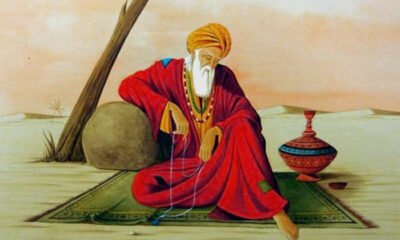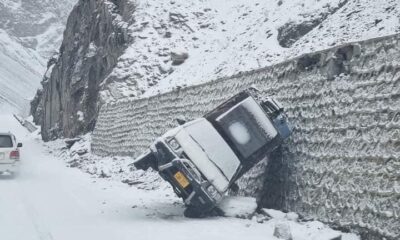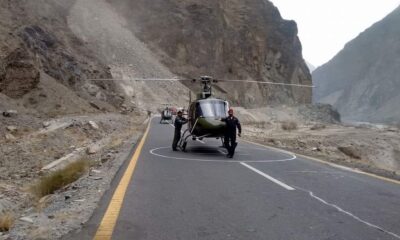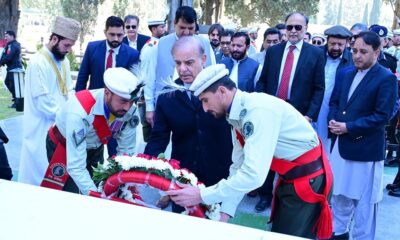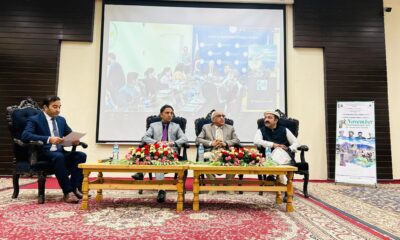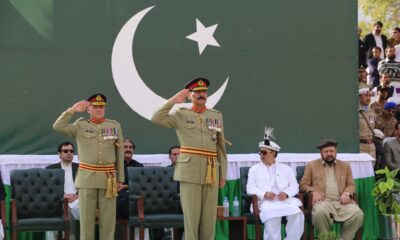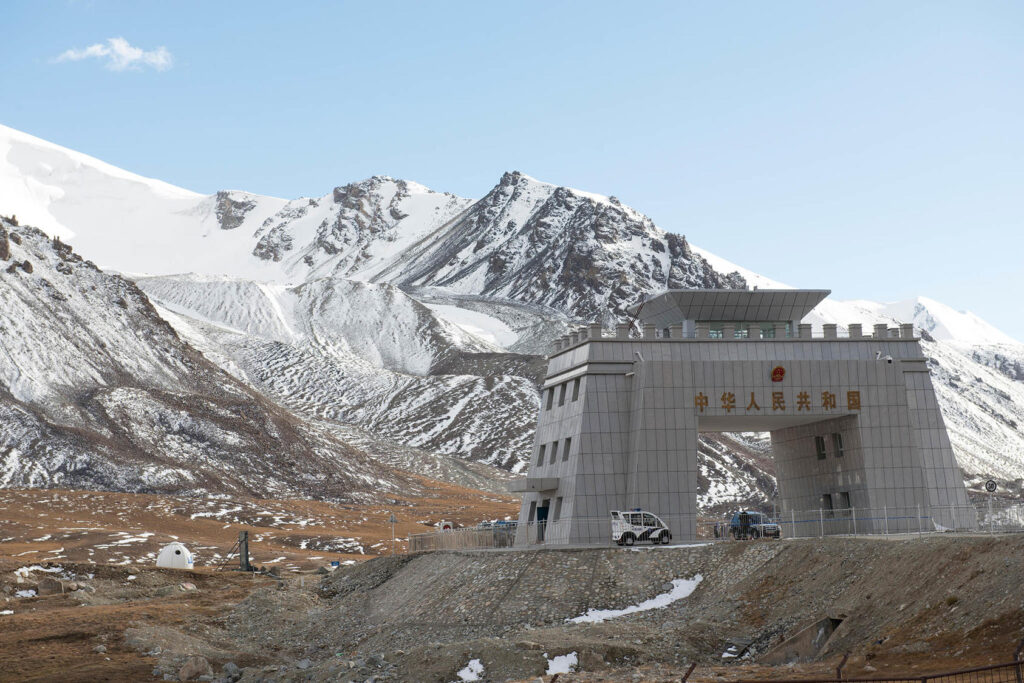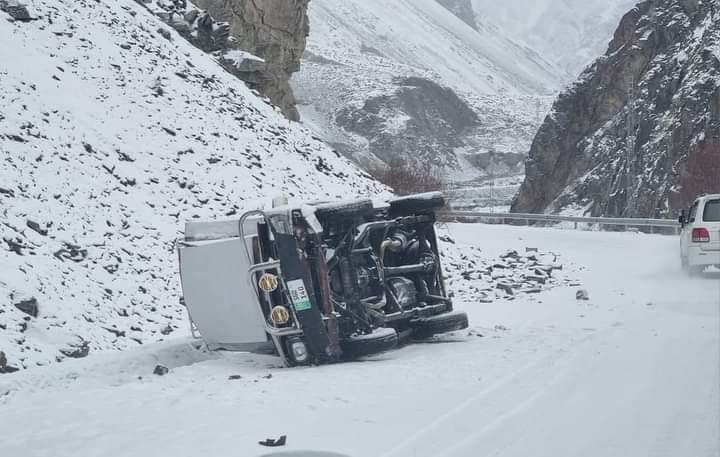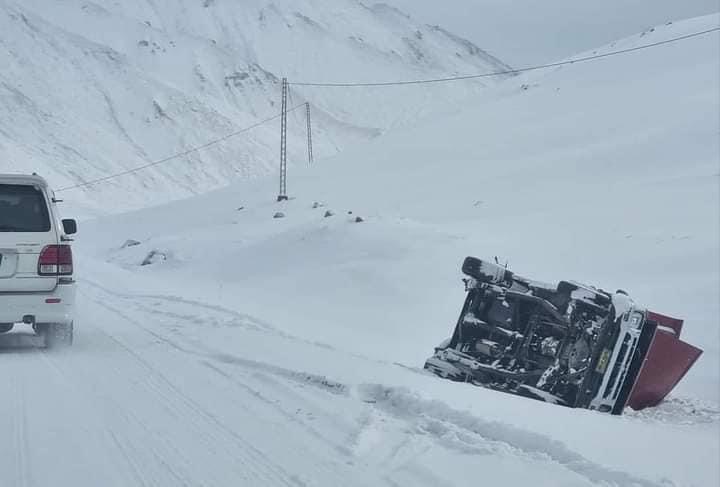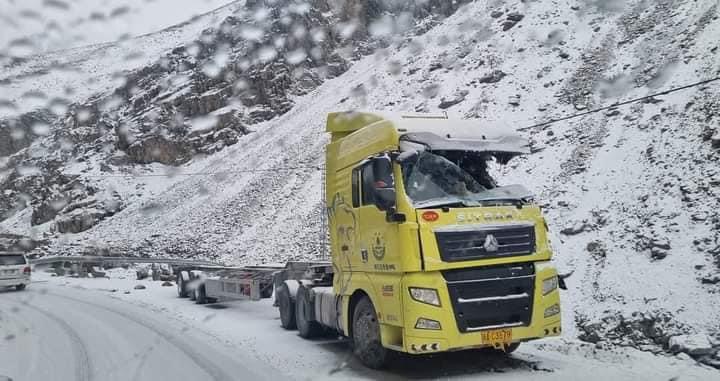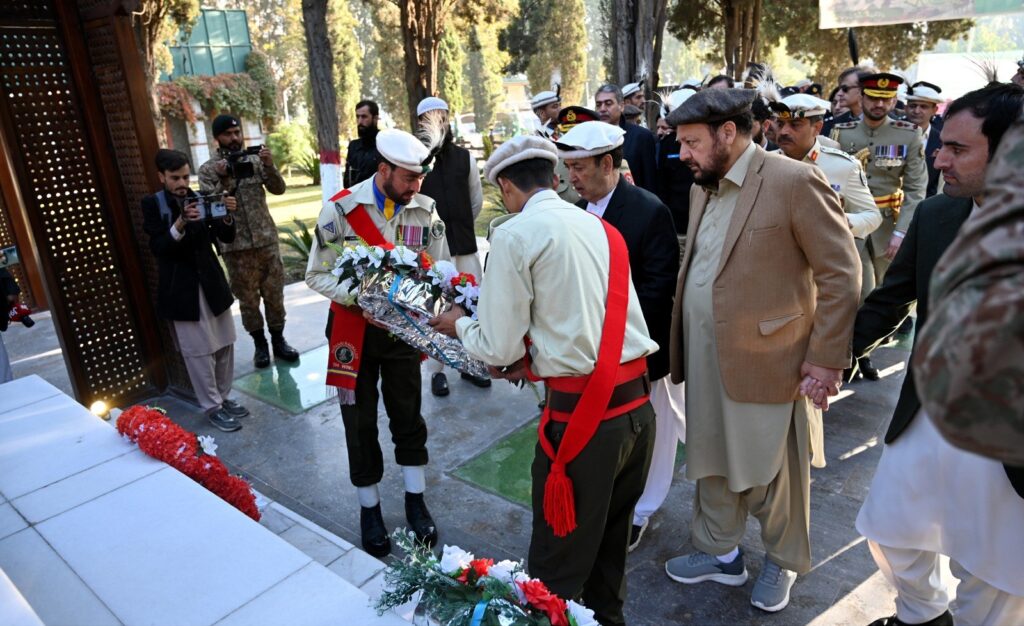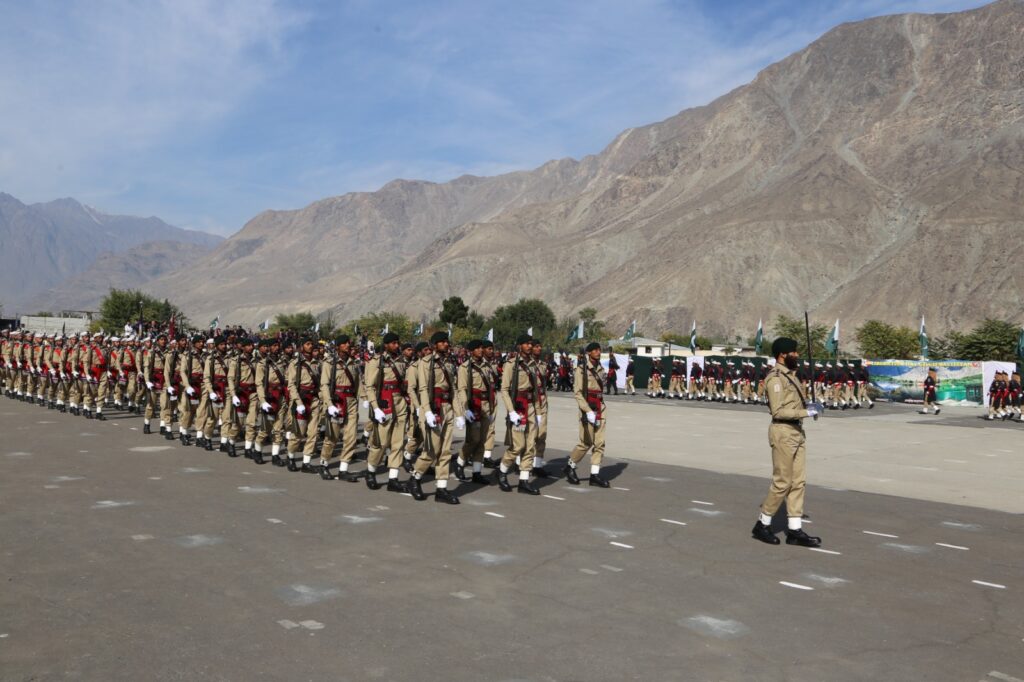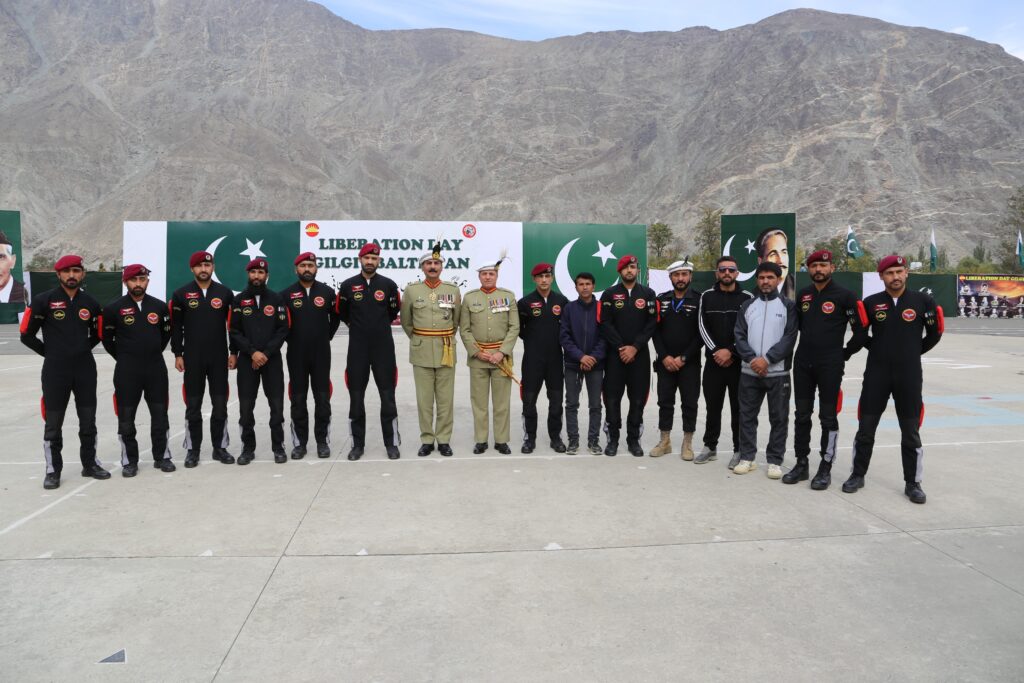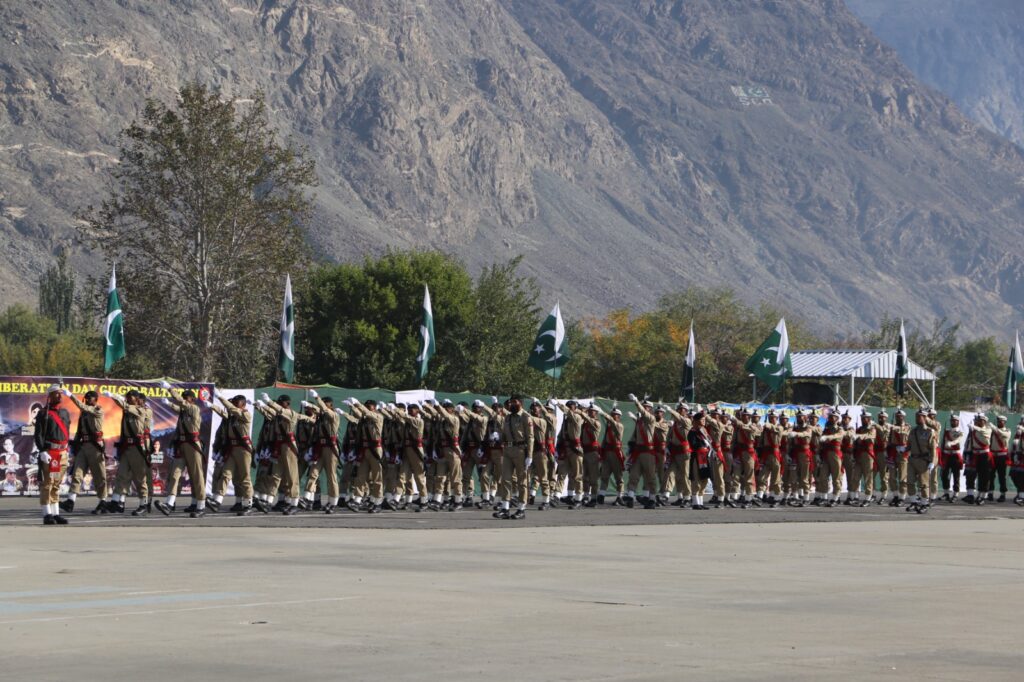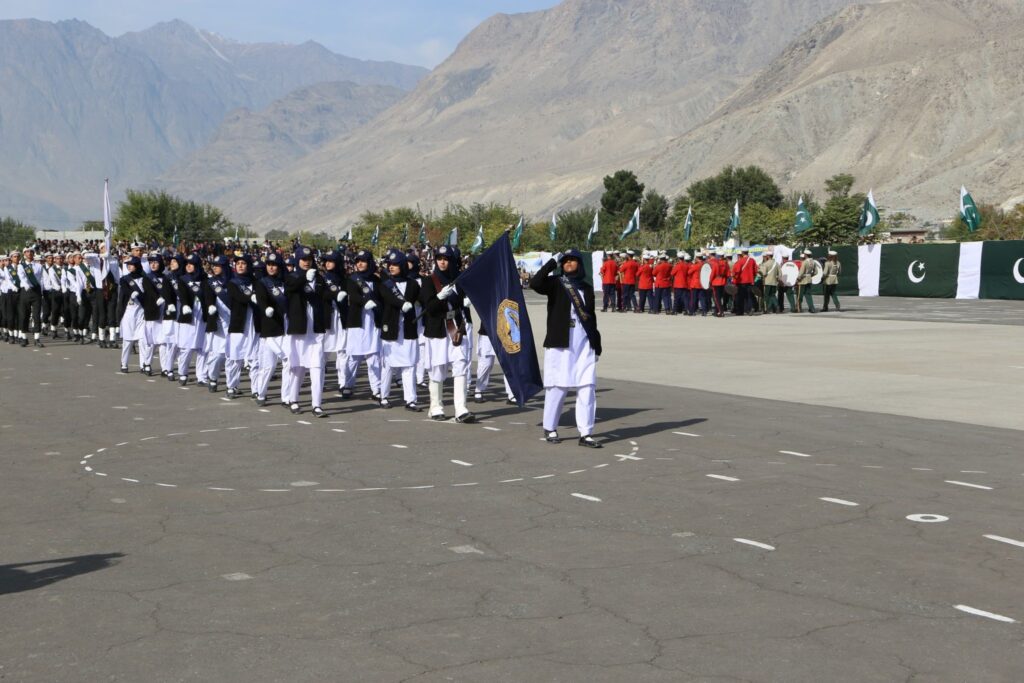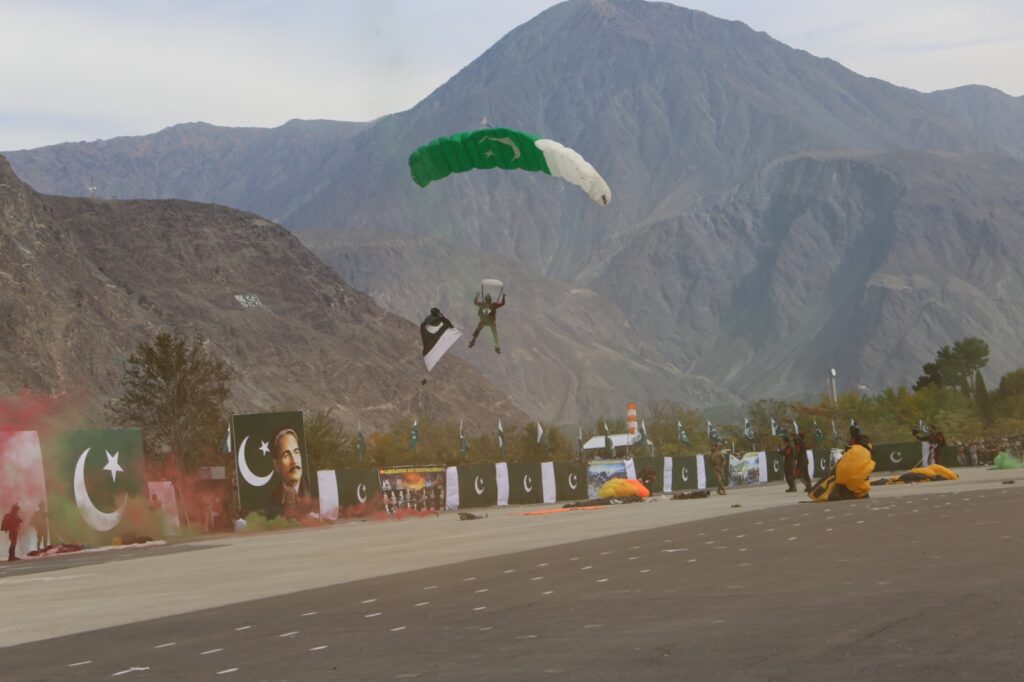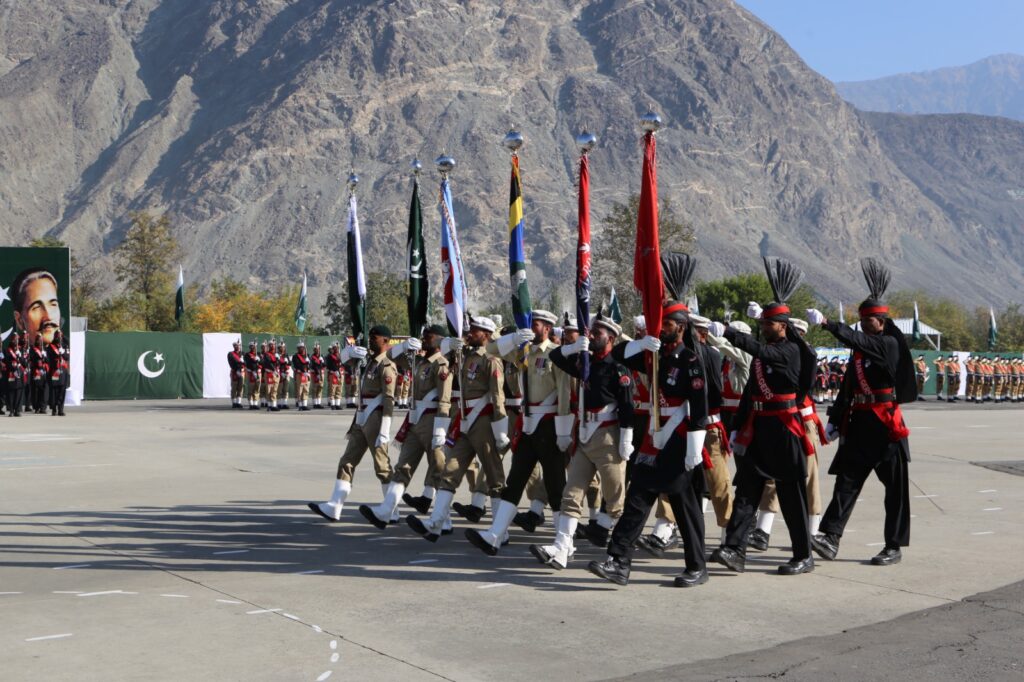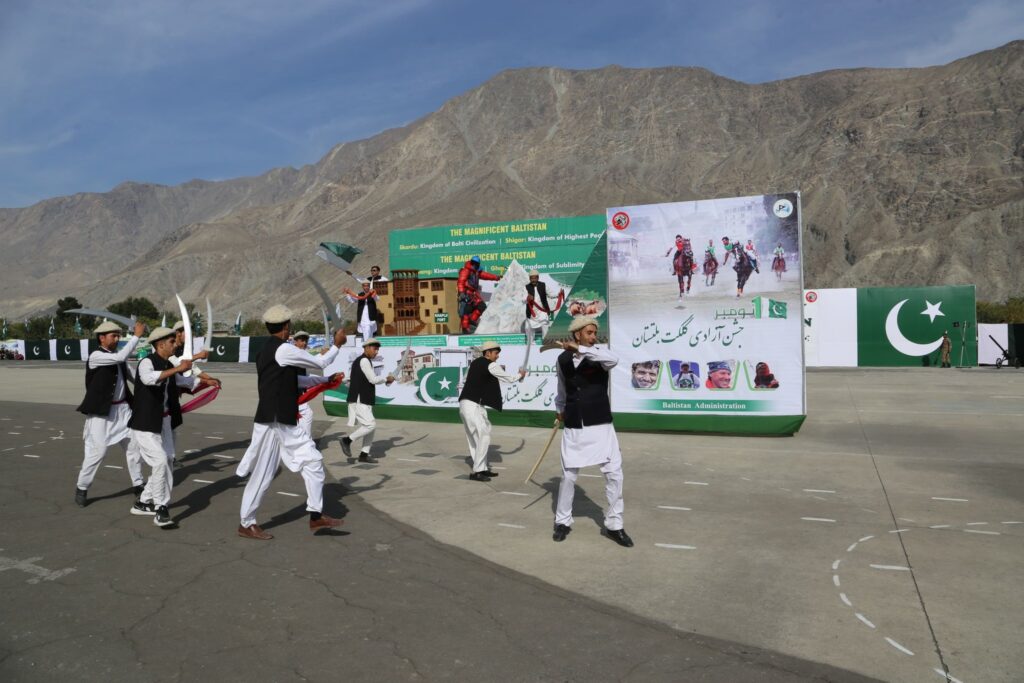A research center named “Biddulph House” was recently inaugurated at Gilgit after its renovation by the Gilgit-Baltistan government. The center would promote scholarship about GB, mainly its unexplored history and culture. The center takes its name after Colonel John Biddulph, the maiden political agent of the Gilgit Agency established by the British after an agreement with the Maharaja of Kashmir in 1877. As Amar Singh Chohan has shown in his well-researched book “The Gilgit Agency 1877-1935”, Biddulph was sent by the British to report and thereby prevent any inroads into the region by the Czarist Russia, then riding roughshod over the Khanates of Central Asia. The British considered Hindukush passes as easy access routes through which the Russians could invade and occupy India. This struggle for control of India, often termed as the Great Game, saw many officials like Biddulph being assigned special duties. Col. Biddulph was chosen because of his know-how of the terrains in and around the Hindukush region. As it had become almost a custom, he penned a book that detailed the tribes of the region, their genealogy, religiosity, history, traits, traditions, mores, etc., as he saw them.
Biddulph, however, wasn’t alone in writing about the region while on official duty. Dozens of books in travelogues and historiography were written by in-service military officials and undercover agents posing as adventurers and scholars. While these works are rare historical records of a region with no written annals, their unquestioned acceptance has presented them as the sole reference material for those wishing to dig into the colonial past of the mountainous region. Due to illiteracy in the past and a lack of research at present, these works have either been ignored or have been read uncritically. A reinterpretation of these works is in order in the spirit of William R. Polk’s words: “There was a time when people thought “history” was “the past,” uniform, unchanging, finished; but as with styles in clothing, personal appearance, and deportment, we now know our view of the past to be affected by shifting tastes and values. What one age thinks insignificant is thrust to the center by another”.
This piece attempts to explore the possible ways this important, yet ignored, task can be undertaken.
Firstly, the critical understanding effort could be premised on the fact that these works were mostly written for strategic purposes by those, who, according to local columnist Aziz Ali Dad, “served power.”
In Col. Biddulph’s book, “Tribes of Hindukush”, for example, he detailed the fighting acumen of tribes ranging from Kohistan to Hunza to be utilized in need; an obvious effort to put together fighting allies to face the looming Russian invasion. A cursory look at the publications, much less a detailed study, reveals that they were official perspectives serving the two-fold purpose of knowing the area/people and preparing it for the furtherance of British interests based on the acquired knowledge. Following excerpts from some books may highlight their official viewpoint as compared to an independent investigation.
“To go to Chitral by way of Kashmir and Gilgit. On arrival, to enter into friendly relations with Mehtar Aman-ul-Mulk, and to gain full information regarding Chitral and the other provinces subject to the Mehtar’s control; in view of making the Government of India thoroughly acquainted with the material resources of the country, the numbers and condition of its inhabitants, the routes and passes leading through and from it, and with all other matters of interest”.
- In “The Gilgit Mission” by Colonel Lockhart and Colonel Woodthorpe, ordered by Lord Dufferin, Viceroy of India in 1885 and published in 1889.
“To finish up, let me say that I owe a great debt of thanks to Major G.V. B. Gillan, C.I.E., of the Political Department and to his wife, old friends who have never failed to befriend me; to Major L.K. Ledger, I.M.S., the Agency Surgeon at Gilgit and to Mrs. Ledger, and also to Colonel L. E. Lang, C.1.E. M.C., the Resident in Kashmir. The Government of India, and also that of H.H. the Maharaja of Kashmir, with their customary courtesy, gave me many valuable facilities, and Major J. Rice, M.C., R.I.A.S.C., enabled me to feed my hungry domestics”.
- In “Unknown Karakoram” by Col. Schomberg, published in 1936:
“When Major Molyneux asked me to combine with him in the production of a book on Kashmir, I could not resist the temptation to describe what he had so faithfully depicted.”
- In “Kashmir” by Lieutenant Colonel Sir Francis Younghusband, published in 1908.
Secondly, the unquestioned acceptance of these works and their premium referential status needs to be challenged. While colonial writings have been subject to critical reinterpretation elsewhere, such an effort is yet to be made in the case of G-B keeping in view its particular experience during the Indian colonial era. However, considering common imperial ethos, a comparative framework may be borrowed from the post-colonial literature where colonial visions about India have been reexamined. A seminal work is that of Ronald B. Indent in the form of his book “Imagining India.” The book is a phenomenal reassessment of not only the psyche of the writers who highlighted India in its religious, social, and administrative aspects but also a deeper deconstruction of their assessments.
The main theme of this book is that India was described in deficient metaphors by the colonial writers. The description fell short of bringing out the complex phenomena that constituted real India. This, according to Ronald, tried “to constitute those others as agents who can be managed, that is, whose behavior can be predicted and controlled.” Seen from this perspective, essentialist ideas about the people of Gilgit-Baltistan in the 19th as seen in the works of writers like G.W. Leitner (1840-1899) were more of a “colonial chronicle” than research findings.
Lastly, selected digging of the region’s past by colonial writers needs a thorough understanding. As the scholarship was driven by imperial interests, “this excavation (of India’s past) was aimed at exploring the arrival of various foreign people, cultures, religions, and politics into the Subcontinent”, according to historian Manan Ahmed. It can be deduced that this effort was aimed at underplaying the presence of the British on Indian soil. In other words, the British rule was presented as nothing new as far as the imperial control was concerned, rather it was a continuation of what had been going on before.
The occupation of the region, its sheer invalidity, and the suppression of their rights of self-determination and freedom to live according to their traditions, were easily ignored. G.W. Leitner started one of his books, “A handbook of Hunza and Nagyr”, in these words: “Herodotus (484-430 BC) is the first author who refers to the country of the Dards (Dardistan), placing it on the frontier of Kashmir and in the vicinity of Afghanistan”. Thus, G.W. Leitner as well as others were only following in the footsteps of those who had come to the region before.
It is hoped that the new research center at Gilgit will delve into these aspects of the region as it houses the only library in the region with sufficient research material on the subject.
BY ZAMEER ABBAS
Zameer Abbas is a freelance contributor based in Gilgit. He tweets @zameer_abbas

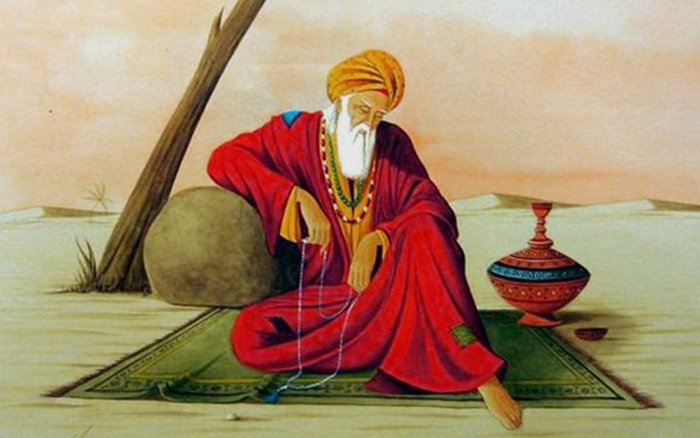
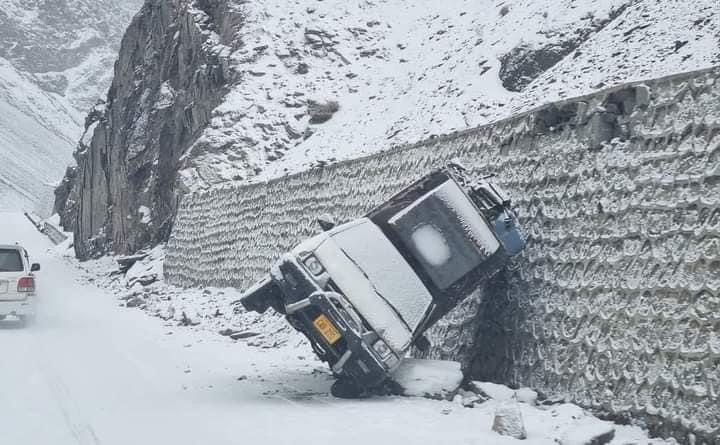
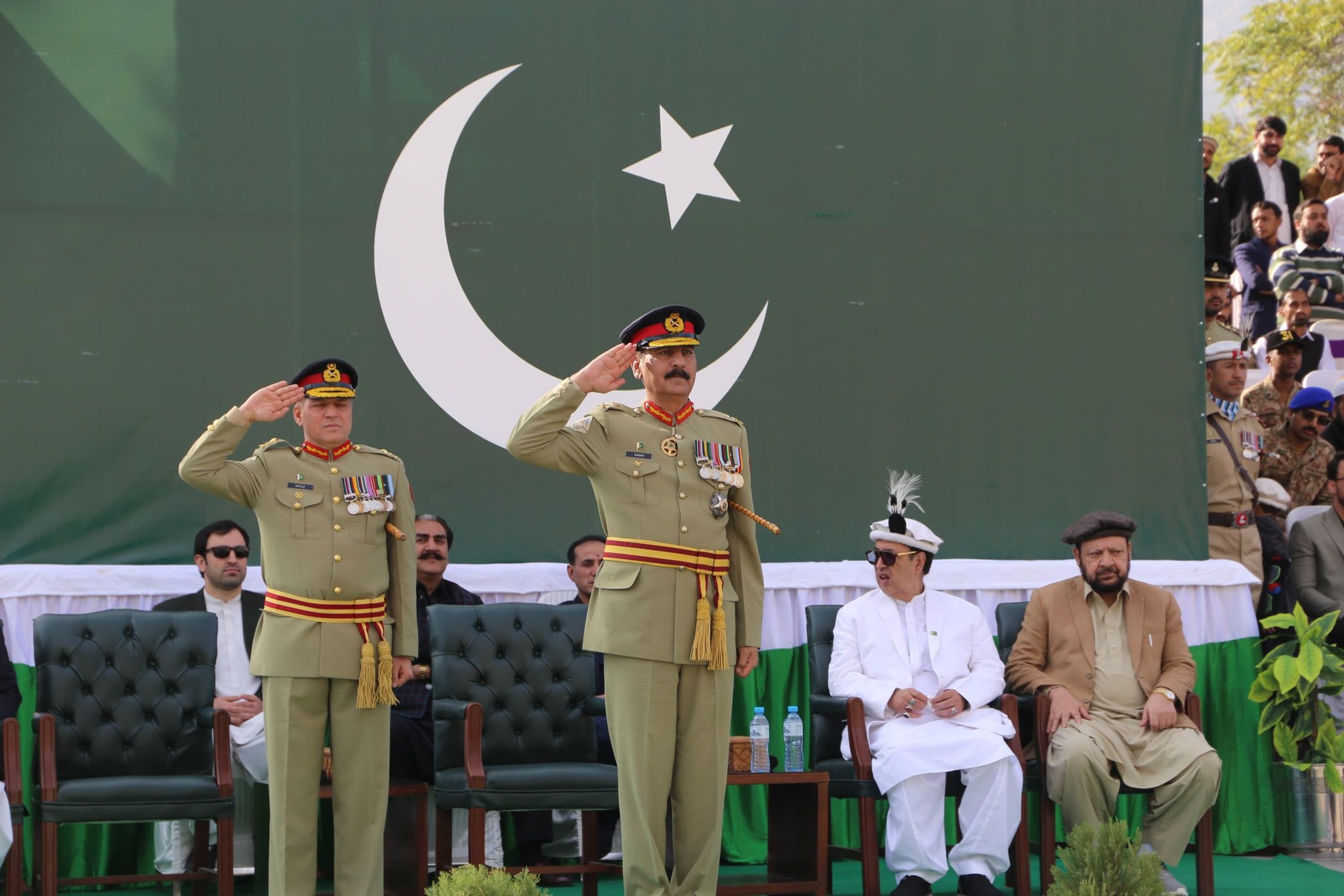

 Arts, Culture & Heritage2 years ago
Arts, Culture & Heritage2 years ago
 KIU Corner2 years ago
KIU Corner2 years ago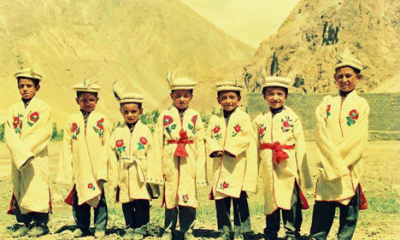
 Arts, Culture & Heritage2 years ago
Arts, Culture & Heritage2 years ago
 KIU Corner2 years ago
KIU Corner2 years ago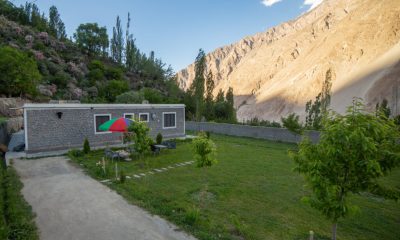
 Arts, Culture & Heritage2 years ago
Arts, Culture & Heritage2 years ago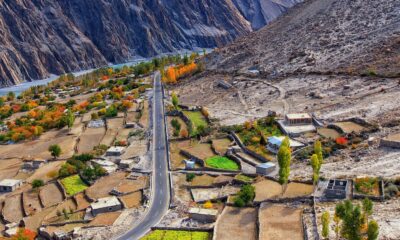
 Tourism2 years ago
Tourism2 years ago
 Opinion3 years ago
Opinion3 years ago
 Current Affairs2 years ago
Current Affairs2 years ago
